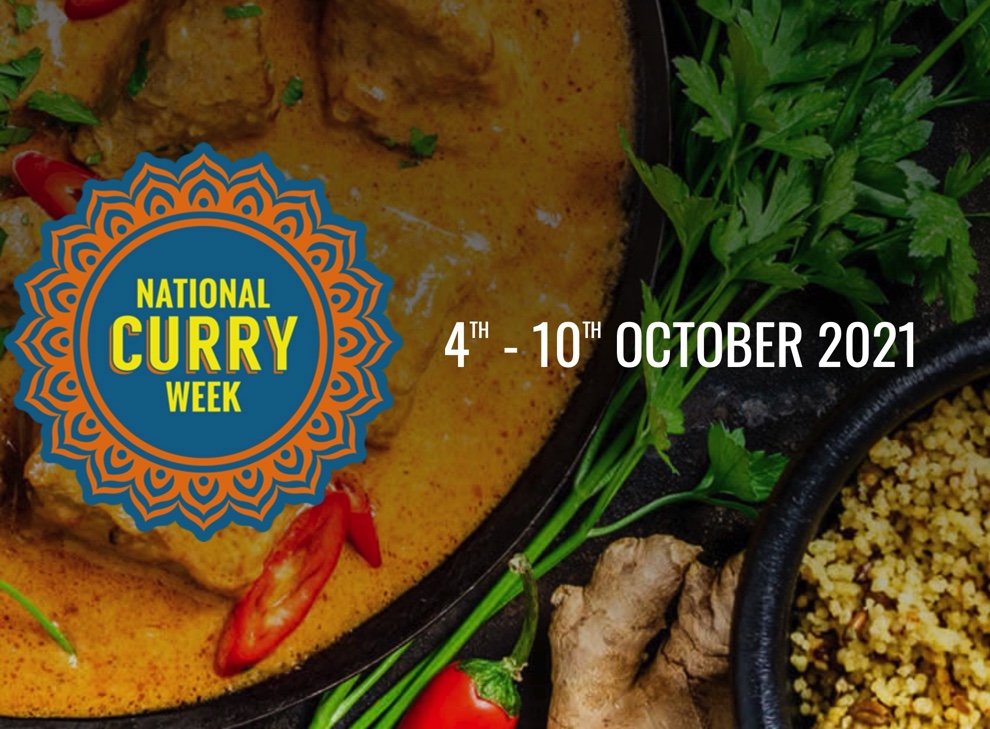
National Curry Week 4-10th October - let's spice it up!
2021-10-04 17:00:00
How could we let the 23rd UK National Curry Week (4-10th of October) pass without a mention.
The spices and anti-oxidants featured in your favourite curry are probably present somewhere in the latest wound care recipe!
If you'd like us to share some science (or look into it) about any curry ingredient and it's role in wounds this week we'll share what we find here! Just e-mail Georgie at.
georgie@vetwoundlibrary.com
First up!
TURMERIC: Turmeric has a colourful history in relation to wound healing. (sorry about the pun!). Many a Vet will have come across clients creating a version of turmeric paste (see later!) in the belief that it will cure a myriad of conditions from heart disease to arthritus and cancer. While desperation and curiousity can lead many down this path what we hear may not all be rumour.
Turmeric is a popular spice, a member of the ginger family that adds colour and flavour to many of our favourite foods as well as having benefits in cosmetics. The component that is responsible for all of the medicinal benefits is curcumin, the powerfully anti-oxidant, polyphenolic chemical that gives it the vibrant yellow pigment.
So we know about anti-oxidants right? Essentially they mop up the free radicals created by an inflammatory episode. I imagine a free radical as the ball on a squash court. Hit one hard in a confined space and you have to duck for cover as it hits all the walls around you until it loses momentum. Now imagine 100 balls at the same time, and you've basically got a storm of free-radicals. And you know that's going to hurt when they all hit you, well it's the same for the cells in your body. They get battered and damaged by these agressive free radicals that are left over from the body's defence system. The neutrophils that came in to save the day with their double bonded peroxides, threw out a barage of squash balls that helped to send any intruders packing. Yet some of these balls still keep bouncing around, especially when there is prolonged inflammation, such as with extensive trauma, infection, foreign body reaction, and chronic disease. Anything that causes an inflammatory response will create a flush of free radicals. When you have a lot of them, they start to damage more tissue than they are trying to protect. And that is why anti-oxidants are so valuable. They effectively mop them up, tidy them away and your inflammatory situation can begin to subside. Less stress and a much better environment for everyone.
We know that chronic inflammation and persistant damage from free radicals can lead to cell damage, as cells remodel to fix themselves, when under pressure they may make mistakes (just like you and me!) and instead of being a normal cell they may become faulty, with a propensity for more tumour cells to form that forget to stop proliferating. So there you have the cancer theory, if you mop up anti-oxidants you are less likely to have the risk of cell damage and malfunction. Just about every claim associated with Turmeric is related to how the anti-oxidant effect can mitigate against the complications of a prolonged inflammatory state.
There is no doubt there are benefits of antioxidants, but we need them in the blood stream to have any useful effect. That's where challenge number 1 begins.
Turmeric (curcumin) is not water soluble. So it will not pass into the blood stream unless disolved in oil. Coconut oil being the oil of choice as a medium chain fatty acid it can be directly absorbed into the bloodstream without passing through the liver. However, curcumin will be metabolised and excreted by the liver once it passes through. That is, unless you combine your coconut paste with piperine, the active ingredient of black pepper. Ground black pepper in your turmeric paste is reputed to increase the systemic bioavailabitily by 2000%. While that sounds practical your challenge is going to be to ingest enough turmeric to hit an effective level of curcumin. That volume will is substantial, and significantly more than you'd find in your average chicken korma.
The science appears to be pretty exciting none-the-less. Many health food shops now sell extracted curcumin in higher volume that you would be able to practically achieve through the raw turmeric itself. We should be respectful of the chemistry, but as with any natural product. Just because it is natural doesn't make it safe. Like all aromatic compounds and essential oils, curcumin is a phenolic compound. That means it is toxic to cats. Gastric upset in other species is also a common side effect where there have been a considerable number of reports of serious upset among dog and horse owners. complications horse and dog owners confessing that their animals did not tolerate the paste leading to serious gastric upsets, some requiring Veterinary intervention.
We often find that it is not just Vets and Nurses that read these things, and although much of the science is promising and illustrates some great potential for curcumin in medicinal terms, please do consult your Vet if you are concerned about your pet rather than risking the unpleasant and potentially serious gastric complications that may occur with home made mixes.
If you'd like to get involved with National Curry Week its a great initiative that is began in October 1988 with the purpose of of driving awareness and appreciation of the UK indian restaurant industry. It's aims are to honour and celebrate the Indian restaurant industry while raising money for poverty focused charities. Find out more at www.nationalcurryweek.co.uk
